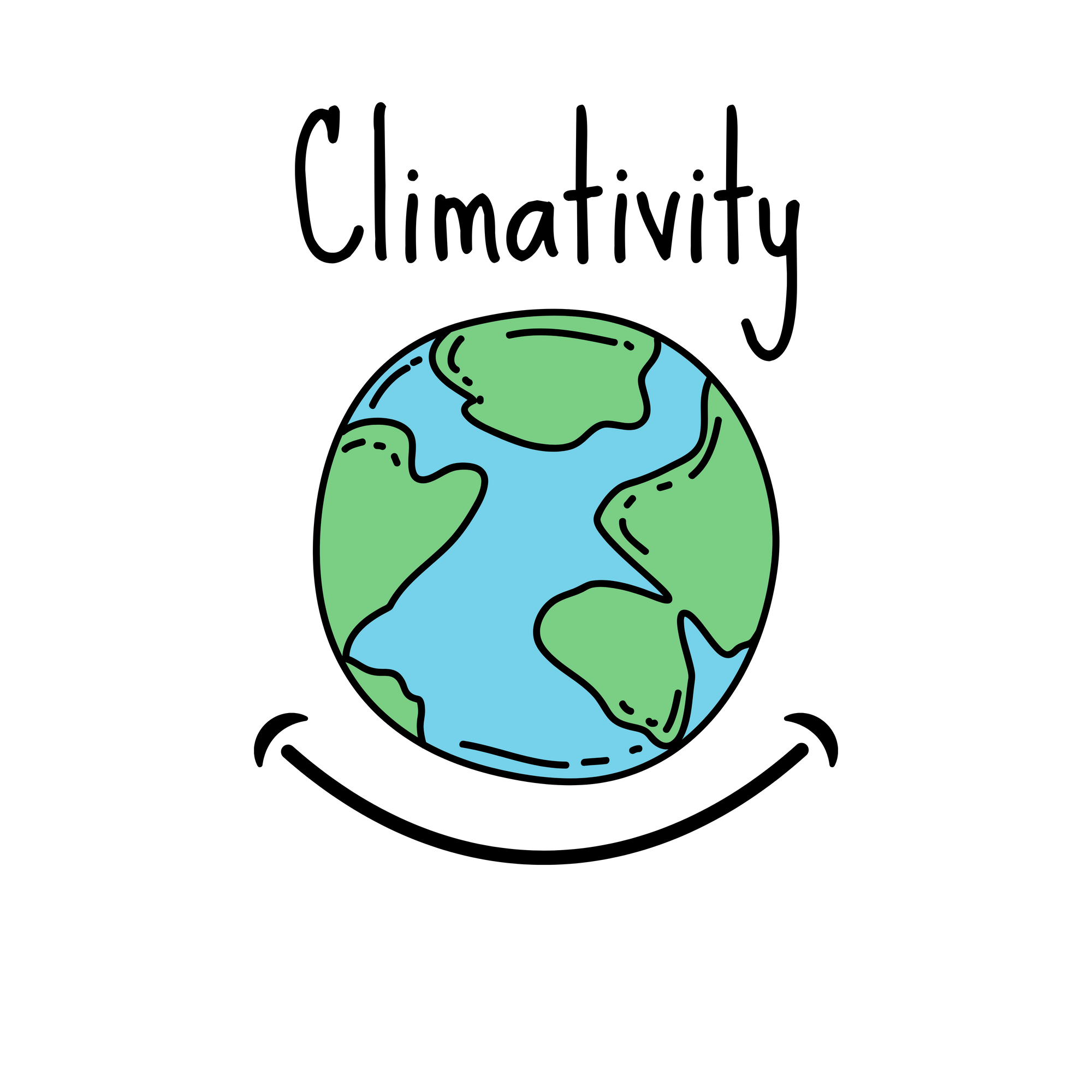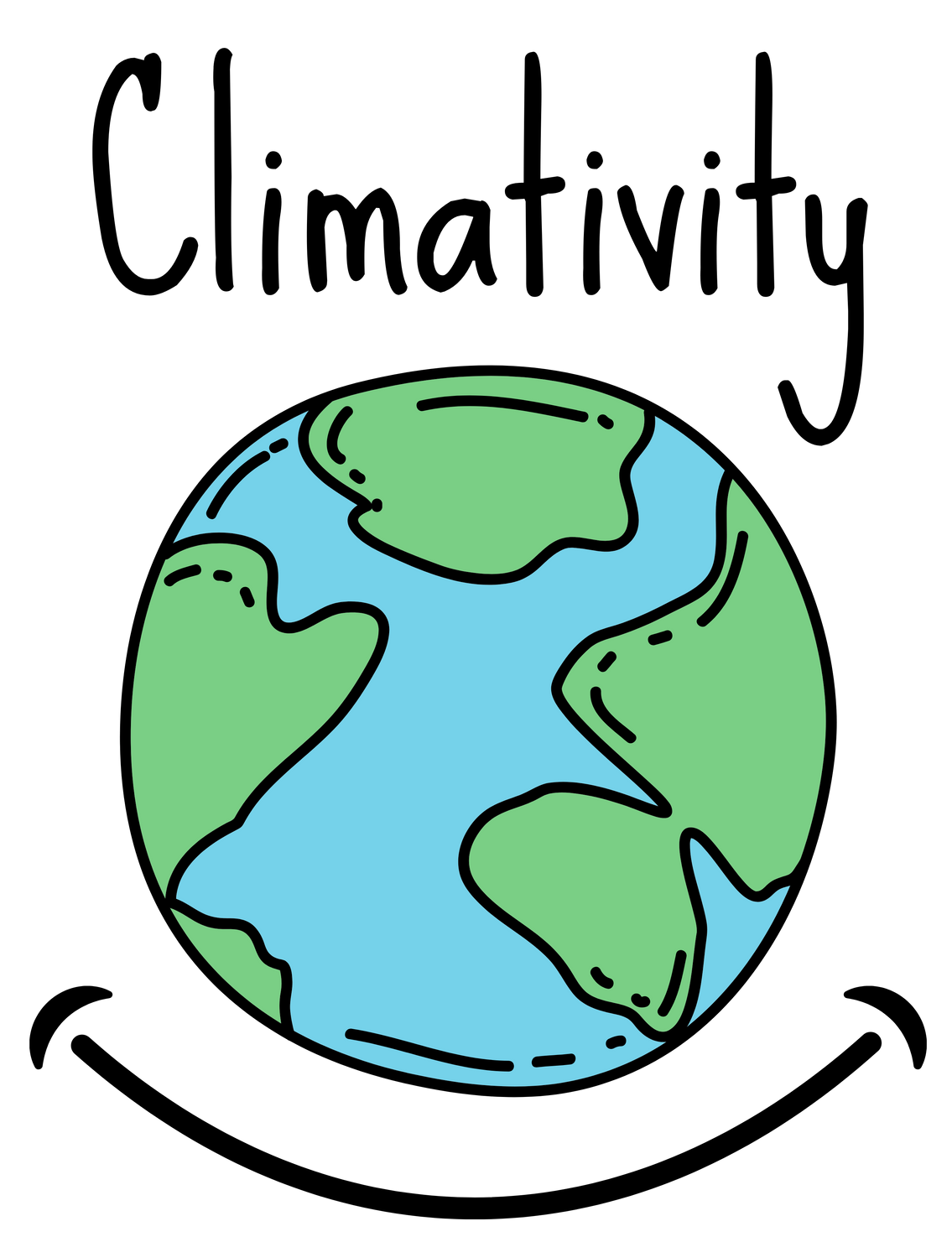no. 106: It's summer

Hey friend,
It's summer! (in the Northern Hemisphere)
Yesterday was the longest day of the year for many of us, so I hope you caught a lot of sunlight. If not, there's always today :)
I hope you're all enjoying the fun vibes that summer brings, but also staying safe and cool. I've been visiting my local parks and botanical garden more than ever before and feel so energized when I'm immersed in blooming flowers, buzzing pollinators, and shade from leaves high up on the trees.
This week's stories of progress includes a new virus found on the ice sheets of Greenland that might actually be helping us, gamers planting video game seeds in real life, and the transition from an Ecuadorian farm to a bird sanctuary.
Enjoy!
Progress from Friday, June 14

Elephants call each other by name, just like humans, according to a new study that found wild African elephants addressing each other with name-like calls specific to each individual which means they may be capable of abstract thinking. (Ecowatch)
A group of middle schoolers researched and proposed replacing their school’s gas boilers with heat pumps to better regulate temperature while reducing emissions and despite pushback gathered signatures from almost the entire school and were ultimately successful. (The Guardian)
After 23 years of delays, a new satellite called EarthCARE launched by Europe and Japan will provide a 3D view of clouds to better understand their inner workings and relationship to temperature. (Grist)
As of the beginning of the month, those single use styrofoam containers are banned in Washington, that used to be popular for takeout and take 1,000 years to break down. (GNN)
Progress from Monday, June 17

They discovered a new giant virus found on the Greenland ice sheet that might actually help reduce the speed of ice melting.
Usually viruses are seen as bad and scary, but apparently this one is actually helping us out by controlling the growth of black algae on ice sheets.
When the ice darkens, it reflects less sunlight and melting accelerates. But this giant virus (which is around 1,000 times bigger than a normal virus) is likely feeding on the snow algae and reducing algal blooms, which are basically colonies of algae growing out of control causing substantial ice melting.
And this remote part of the world that was once thought to be lifeless is actually full of fungi, yeasts, protists, and this new giant virus which scientists are studying more right now to see what it’s role is in the ecosystem. (Phys)
To me, this is more proof that we should open our minds more to the fact that nothing in nature, viruses included, is inherently "good" or "bad".
The good from Tuesday, June 18

🕹️ Gamers are getting seeds from their favorite games and planting them in real life thanks to an initiative called Seed Saga that piloted the idea with plants from the popular game Guild Wars and aims to inspire a new generation of plant lovers. (Seed Saga & Positive.news)
🌱 The EU just approved a massive new nature restoration law requiring the 27 member nations to restore at least a fifth of their land and water by 2030. (AP)
🌞 Floating solar panels called “floatovoltaics” could be a promising source of renewable energy according to a new study of 68,000 feasible locations across 163 countries which could be especially beneficial for developing nations meeting up to 92% of their energy demand. (Grist)
🐴 Seven of the last remaining wild horses known as Przewalski’s were reintroduced to their native habitat in Kazakhstan and the short and stocky horses will restore the ecosystem by spreading seeds and fertilizing the soil with their droppings. (The Guardian)
The good from Wednesday, June 19

Anita and Vinicio’s farm was attracting a “plague of birds” when a man walked by and asked to take some photos, who turned out to be Manu Espinosa and suggested they learn to live with the birds, so they started the Maraksacha Reserve, in one of many stories that show why Ecuador's birding tourism is booming and helping safeguard the 1600 native varieties. (The Guardian)
Vermont’s policy to make electric utilities go 100% renewable by 2035 will now officially become law after the legislature voted to override the governor’s veto. (VTdigger)
New reports show deep sea mining is not needed to get critical minerals for tech and renewable energy, as we can get more than enough from e-waste and land sources, making a strong case to ban this practice before it starts to protect deep sea ecosystems. (Environment America)
17.1 million insects migrate through a 100 foot gap in the Pyrenees Mountains each year according to a new study that shows 90% are pollinators hauling plant pollen and nutrients with billions likely crossing the entire mountain range. (Ecowatch)
Bonus stories



And that's all the good news I found this week! But before you click trash, a quick reminder that this newsletter is reader-supported and only possible because of our generous community of environmental optimists. If you're getting value out of this content, please consider upgrading your subscription to help support this independent publication, and forward this edition to a friend who might like it! Y'all are the best, truly 💚.
Talk to you soon,
Jacob

Spread this breath of fresh air🪴
By supporting Climativity, you're helping these good stories reach more people around the world.
Support good news & independent publishing








Member discussion